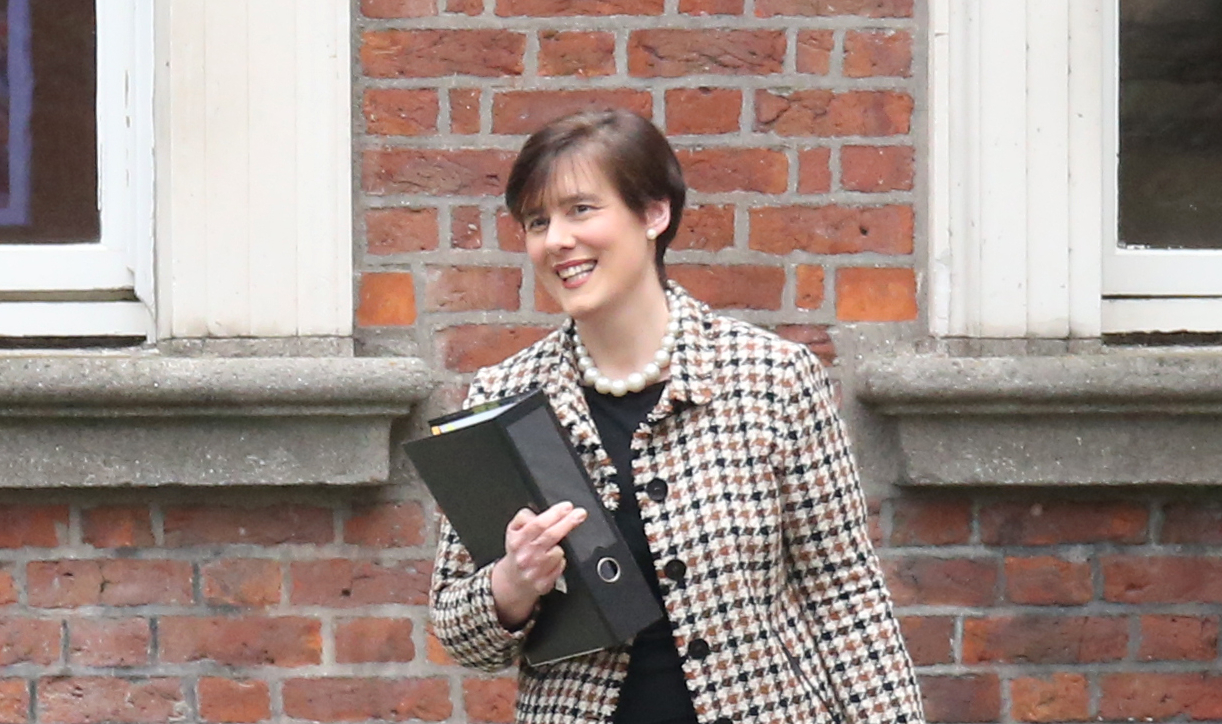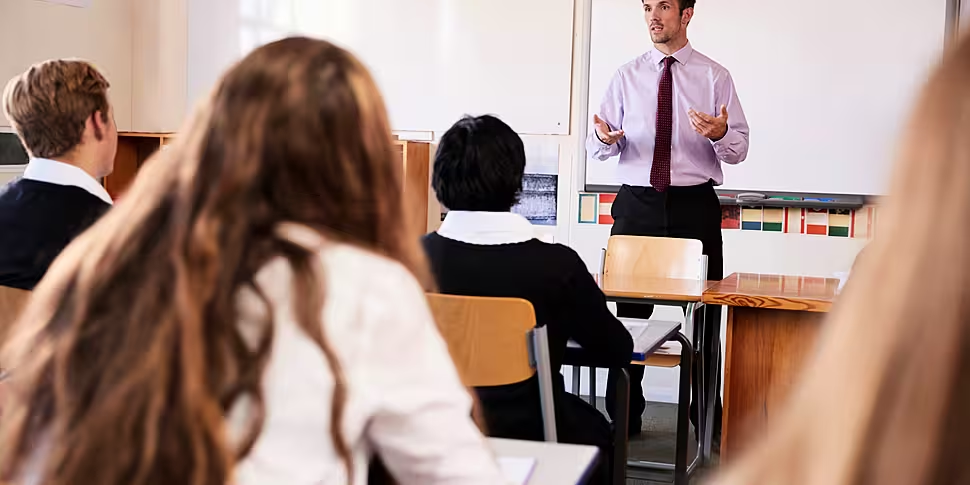Students will be taught about consent and pornography as part of the new Junior Cert sex and relationships curriculum.
The new draft programmes for Relationships and Sex Education (RSE) and Social Personal and Health Education (SPHE) were published this morning.
The RSE programme will include lessons about pornography and the sharing of sexual images online.
Speaking to Newstalk, the Education Minister Norma Foley said the ‘outdated’ RSE curriculum was in serious need of modernisation.
 The Minister for Education Norma Foley leaving a Cabinet meeting in Dublin Castle, 24-11-2020. Image: RollingNews
The Minister for Education Norma Foley leaving a Cabinet meeting in Dublin Castle, 24-11-2020. Image: RollingNews“The curriculum is in fact 20 years old so as minister I am very, very keen that we move it on so it is contemporary and accessible for our students,” she said
“The students have said that much of what they are getting is outdated really.
“It is not current enough and it's too little, too late and too biological.
“Specifically, even around areas of consent, it is hugely important that students can appreciate the importance of giving and receiving consent in a relationship.”
'Contemporary and accessible'
The 'contemporary and accessible' new programme will include information on consent, the internet, porn, addiction issues, gender identity and sexual orientation.
Minister Foley said students need the tools to practice proper internet safety.
“I think we have to recognise today, whether we want to accept it or not, our young people are going around with their mobile phones, they have immediate access to information and yet they don’t necessarily have tools to discern that information.
“So, very much a part of the curriculum will be the safe use of the internet and social media and in fact, the potential impacts that internet and social media can have on relationships and self-esteem.”
Online
She said students will be taught how to share personal information, opinions and emotions in a safe, respectful manner online.
The programme will also include funding for Continuing Professional Development (CPD) and post-graduate studies to help teachers deliver it effectively.
“It is about opening student’s eyes to the information they now have easy access to but also ensuring the information they really do need is provided by the expertise of staff,” she said.
“It is a multi-faceted approach to ensure that the staff are trained in delivering the information and that students are ready and, I suppose, skilled, to accept it.”
RSE and SPHE form part of the Junior Cycle Wellbeing programmes which includes up to 400 hours of timetables learning for students.
PE and Civic, Social and Political Education (CSPE) are also part of the programme.
Reporting from Aoife Kearns
Main image shows teenage students in a classroom. Image: Alamy Stock Photos









